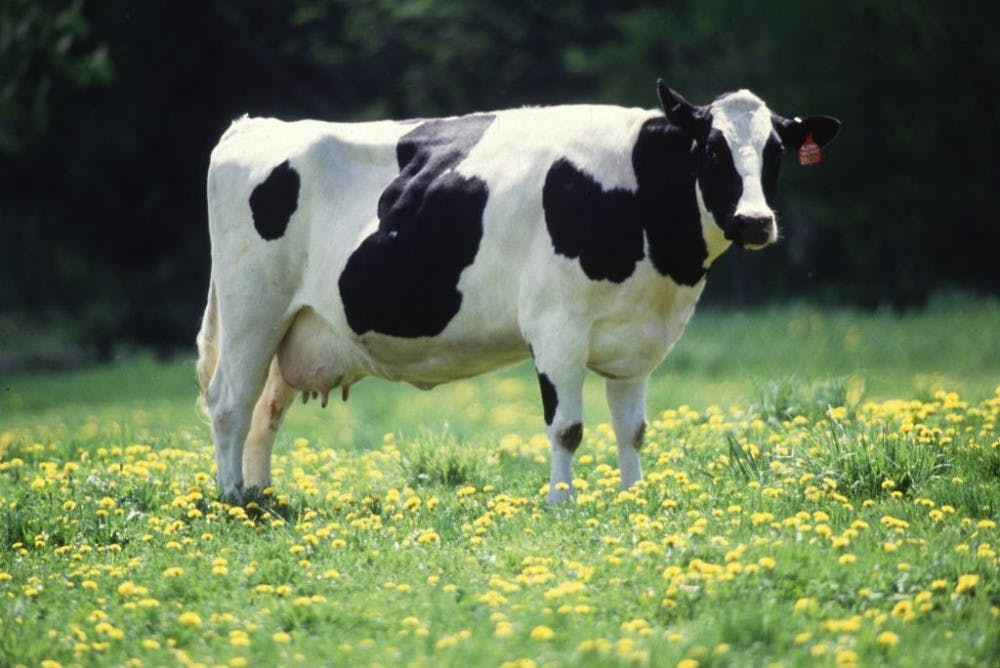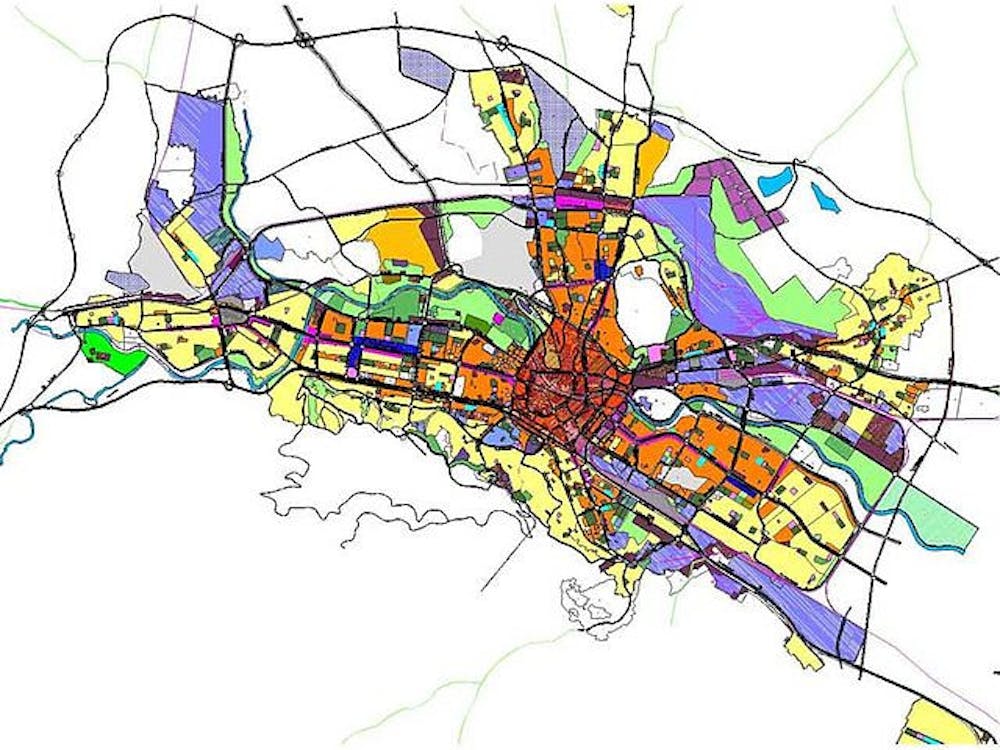From the halls of our dorms to the walls of our bathrooms, we are constantly reminded to turn off the lights, to take shorter showers or to drink out of reusable water bottles. In light of Earth Day coming up in a few weeks, it’s important to remember why someone took the time out of their day to cut out a bunch of tiny signs and post them around campus.
It’s because our choices matter. And because our choices matter, our priorities matter too.
Yes, we should recycle. The Great Pacific garbage patch is already twice the size of Texas, and the albatrosses are tired of eating plastic instead of plankton.
Yes, we should turn the lights off when we’re leaving a room; The polar bears are sick of drowning in their own homes.
But in a world where we can’t always do everything, what should we focus on?
With environmental impact, perspective is important. Recycling one water bottle will save about 0.07 kilograms of carbon dioxide emission equivalents. Turning off a light instead of leaving it on for an hour will save about 10 times that. But even if every person recycled all their water bottles and turned off all their unused lights, it still wouldn’t be enough.
In the United States, per capita CO2 emissions are around 46 kilograms per day. To reach reduction goals, these emissions should be cut to around 11 kilograms by 2050, which is 20 percent of what CO2 emission levels were in 2000.
We need our choices to have bigger impacts, so where do we start? We would need to cut out seven kilograms of carbon emissions per day to achieve a fifth of that reduction goal. To do this, we could find a hundred water bottles a day and recycle them, or we could sit in the dark every night.
Or we could go meatless.
Every day, meat consumption accounts for about seven kilograms of carbon dioxide emissions. Fortunately, choosing not to eat meat requires very little additional effort.
If you’re on a meal plan, there are plenty of vegetarian options at the FFC, Nolan’s and Levering. If you’re not, fresh produce, beans and other plant-based foods are readily available everywhere (Giant, Eddie’s and UniMini), and cooking good vegetarian meals isn’t any harder than cooking meat.
With the perspective of rushing out to save the albatrosses and polar bears in mind, it’s important to remember that the meats we eat were once animals too.
If eating vegetarian feels like too much of a commitment, Meatless Mondays are the perfect middle ground. Even though the impact of eating meatless once a week is far less than eating meatless every day, it still adds up. In fact, participating in Meatless Mondays for a year has a comparable emission reduction to eating local every day year-round.
When it comes to the Earth, sustainability is the key. This holds true for our habits as well. Our environmental consciousness must be a priority in our day-to-day lives, and the only way this can happen is if we build up sustainable habits. Whether it’s taking the stairs or reusing a water bottle or eating less meat, every little bit counts, and over time it all adds up.
Just remember: Some little bits will add up more than others, and in a world where we can’t always do everything, these habits are really the bare minimum.
Kim Koon is a sophomore environmental engineering major from Long Island, N.Y.























Please note All comments are eligible for publication in The News-Letter.